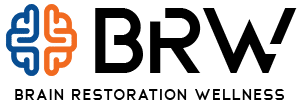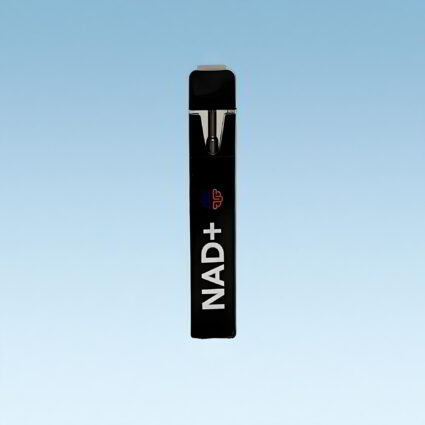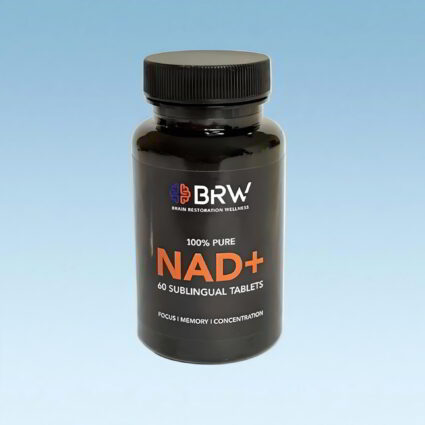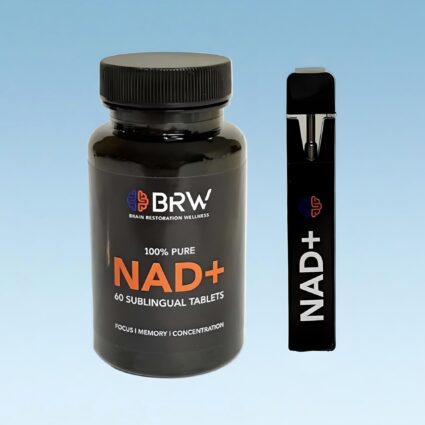Drug addiction impacts countless individuals globally, necessitating robust and effective treatment strategies. This discussion delves into the premier therapies offered by drug rehab centers, focusing on methodologies that support sustainable recovery. We will explore a range of traditional and innovative therapies that have proven effective in treating addiction.
Choosing the Right Drug Rehab Center
Selecting a suitable rehab center is critical for anyone seeking to overcome addiction. An ideal facility offers customized treatment programs that significantly enhance recovery outcomes. For example, some centers integrate advanced pharmacological treatments with behavioral therapy to provide comprehensive care. These centers are pivotal in supporting individuals through their recovery journey with both medical and emotional guidance.
- Seek centers with high success rates.
- Ensure a variety of treatment options are available.
- Evaluate the quality of follow-up and continuing care programs.
Cognitive Behavioral Therapy in Rehab
Cognitive Behavioral Therapy (CBT) is a staple in many rehabilitation strategies due to its effectiveness in altering destructive thought patterns linked to substance abuse. CBT challenges these adverse thoughts and replaces them with more constructive ones, empowering individuals to handle life’s challenges without resorting to substance use. The success of CBT is supported by numerous studies which highlight its efficacy in maintaining long-term sobriety.
- Equips individuals with effective coping mechanisms.
- Identifies and mitigates personal triggers.
- Facilitates the development of healthier thought patterns.
Benefits of Group Therapy Sessions
Group therapy provides a supportive network where individuals can share experiences and gain insights, fostering a sense of belonging and mutual understanding essential for recovery. This therapeutic approach harnesses the power of group dynamics to encourage healing and personal growth.
- Promotes the development of social skills.
- Offers a platform for mutual support.
- Allows sharing of recovery stories and successes.

Role of Family Therapy in Recovery
Family therapy is instrumental in rehabilitating individuals by enhancing understanding among family members and mending relationships strained by addiction. This therapy format is designed to educate family members about addiction’s complexities and train them in supportive strategies that aid in the recovery process.
- Deepens family understanding of addiction dynamics.
- Restores and strengthens family relationships.
- Provides strategies for effective support during recovery.
Medication Assisted Treatment Approaches
Medication-Assisted Treatment (MAT) is crucial for treating substance dependence, particularly for opioids and alcohol, by alleviating withdrawal symptoms and reducing cravings. Medications such as Methadone, Buprenorphine, and Naltrexone are commonly used in MAT to support patients’ recovery alongside counseling and behavioral therapies.
- Controls withdrawal symptoms and cravings.
- Integrates with counseling for comprehensive treatment.
- Backed by extensive research for effectiveness.
Incorporating NAD Therapy in Drug Rehabilitation
NAD (Nicotinamide Adenine Dinucleotide) therapy is emerging as a powerful tool in drug rehabilitation. This innovative treatment helps to restore brain function and reduce withdrawal symptoms by replenishing brain neurotransmitters. NAD therapy accelerates the detox process, reducing the time and discomfort associated with withdrawal, and is increasingly viewed as a beneficial component of a holistic treatment plan.
- Enhances brain recovery and function.
- Minimizes withdrawal symptoms.
- Shortens detox duration.

Holistic Therapies in Addiction Treatment
Holistic therapies address the overall well-being of individuals in recovery by integrating methods like yoga, meditation, and acupuncture. These therapies aid in managing withdrawal symptoms and stress, which are crucial for preventing relapse and promoting a sustainable recovery lifestyle.
- Encourages physical health and vitality.
- Includes techniques for effective stress management.
- Supports overall mental and emotional health.
The Impact of Personalized Treatment Plans
Personalized treatment plans are paramount in drug rehabilitation, addressing the unique challenges faced by each individual. These tailored plans enhance treatment efficacy and ensure that all aspects of an individual’s condition are considered, thereby increasing the likelihood of successful recovery.
- Customizes treatment to individual needs.
- Adapts to changes in the individual’s recovery process.
- Ensures holistic care and attention.
Analyzing Effective Drug Rehabilitation Therapies
The range of therapies discussed forms the backbone of successful recovery strategies in drug rehab settings. From traditional approaches like CBT to innovative methods like NAD therapy and group support structures, effective rehabilitation relies on a diverse and adaptive approach. Ensuring treatments are tailored to the individual’s specific needs remains a cornerstone of successful drug rehabilitation.
Key Takeaways on Drug Rehabilitation Therapies
- A tailored approach to treatment significantly enhances recovery outcomes.
- Combining behavioral, medical, and innovative therapies often provides the best results.
- Continuous support from both professional settings and personal relationships is crucial for long-term recovery.
Frequently Asked Questions
- What role does NAD therapy play in addiction treatment?
- NAD therapy boosts brain function and reduces withdrawal symptoms by replenishing essential neurotransmitters, facilitating a smoother and quicker detoxification process.
- How does CBT assist individuals recovering from addiction?
- CBT helps change harmful behavioral patterns and thought processes, providing individuals with tools to manage stress and triggers without substance use.
- What are the benefits of MAT in drug rehabilitation?
- MAT aids in managing withdrawal symptoms and reducing cravings, which can significantly improve the effectiveness of psychological therapies and support long-term recovery.
- How can family therapy contribute to addiction recovery?
- Family therapy educates relatives about addiction, enhances emotional support networks, and repairs relationships, making it a critical component of comprehensive treatment plans.
- Are holistic therapies scientifically supported?
- Many holistic therapies, such as meditation and yoga, are supported by research that highlights their benefits in improving mental health and reducing stress, crucial factors in long-term recovery.














